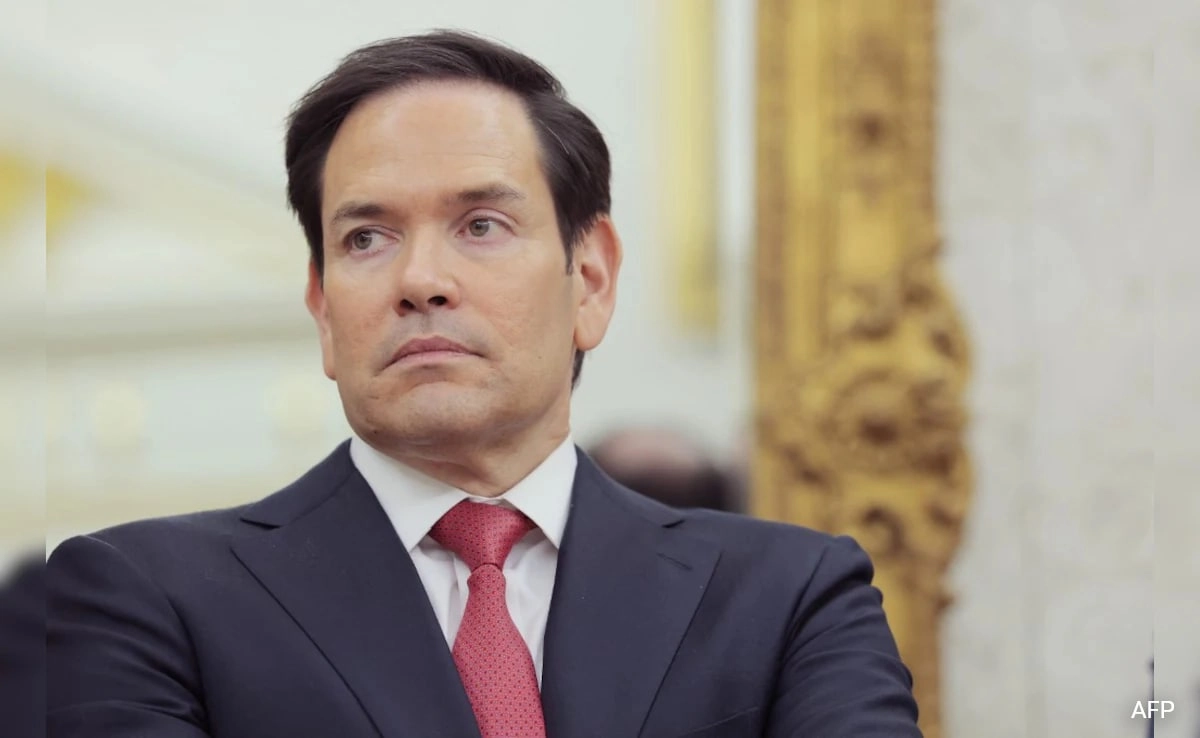In a significant diplomatic move, a U.S. envoy recently met with Russian President Vladimir Putin in Moscow to discuss potential pathways toward a ceasefire in the ongoing conflict in Ukraine. This meeting comes amid escalating tensions and a protracted war that has resulted in substantial loss of life and widespread destruction. The discussions aimed to explore avenues for de-escalation and to address the humanitarian crisis that has emerged as a byproduct of the conflict. The U.S. envoy’s presence in Russia signals a renewed commitment from the United States to engage directly with Russian leadership in the hopes of finding common ground.
During the talks, the U.S. envoy emphasized the need for an immediate cessation of hostilities, advocating for measures that would allow humanitarian aid to reach affected populations. The discussions also sought to address the underlying issues that have fueled the conflict, including territorial disputes and security concerns. Both sides acknowledged the complexities of the situation, yet the U.S. envoy remained optimistic about the potential for dialogue to yield positive outcomes. The meeting was characterized by a frank exchange of views, with the envoy urging Russia to reconsider its military strategy in light of the widespread international condemnation and the economic sanctions imposed by Western nations.
The backdrop of the meeting is marked by a series of escalatory actions on both sides, complicating the prospects for peace. Despite the challenges, the U.S. envoy’s initiative represents a critical step toward fostering communication between the two nations. Analysts suggest that finding a diplomatic resolution is imperative not only for Ukraine but for regional stability in Europe as well. The international community watches closely, hopeful that this engagement could pave the way for a broader dialogue aimed at ending hostilities and establishing a framework for lasting peace in the region.
As the situation unfolds, the U.S. envoy’s meeting with Putin may be seen as a turning point in the quest for peace. The outcome of these discussions will likely influence future diplomatic efforts and the overall trajectory of the conflict. While there are no guarantees, the willingness of both sides to engage in dialogue is a critical component in the search for solutions that prioritize human rights and security for all affected parties. The path ahead remains uncertain, but the commitment to dialogue signals a potential opportunity for progress in an otherwise fraught and challenging landscape.




